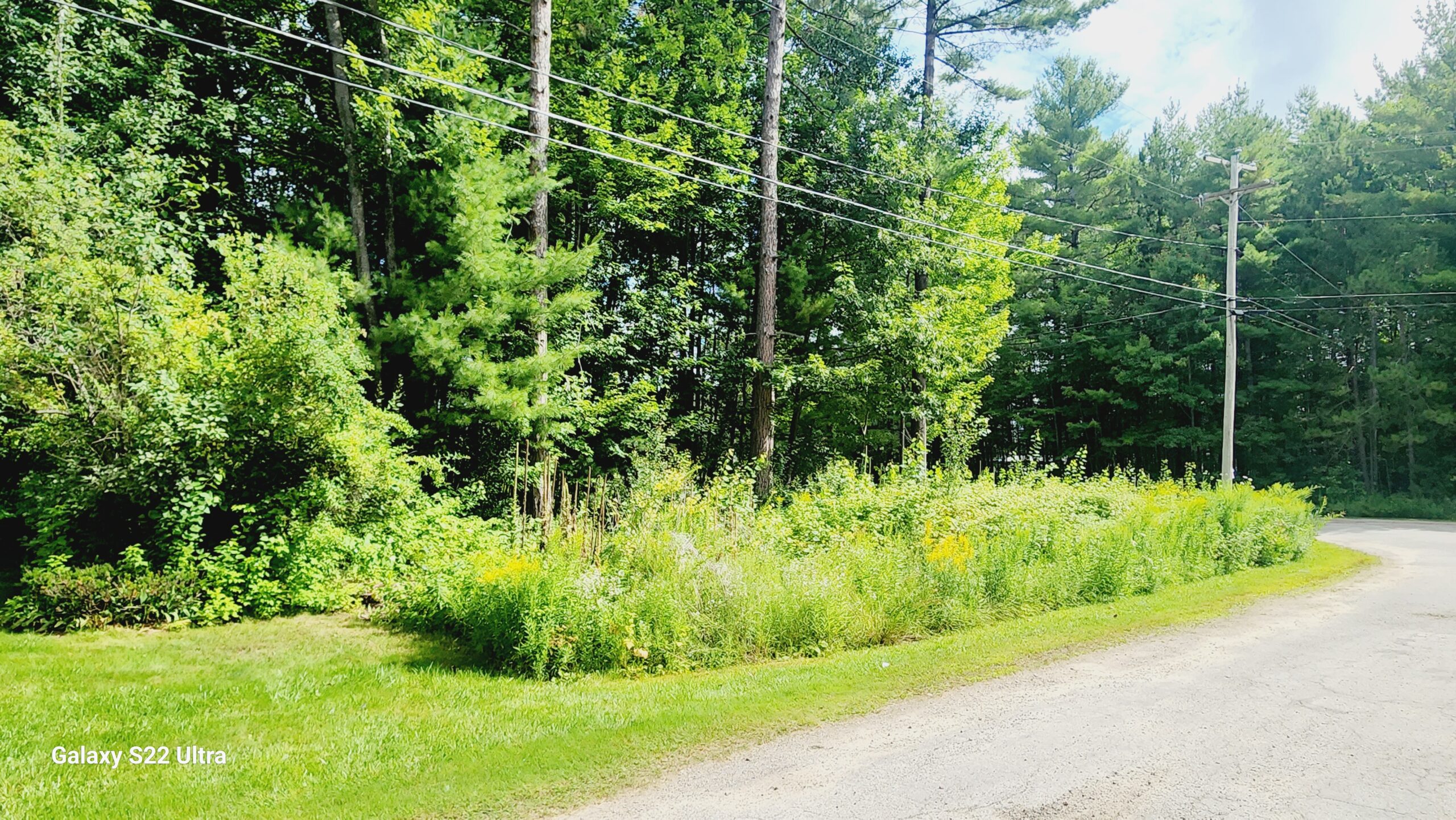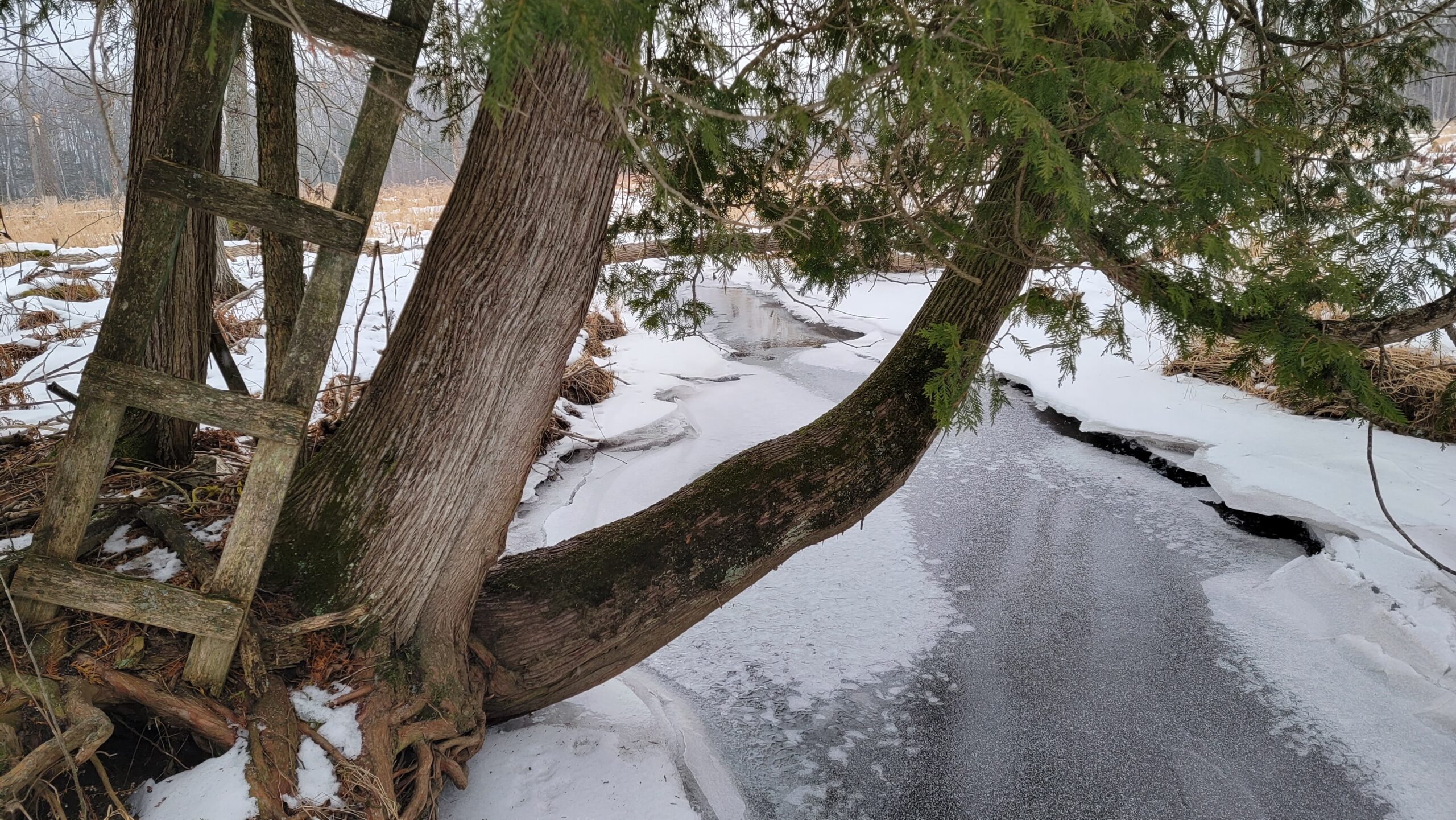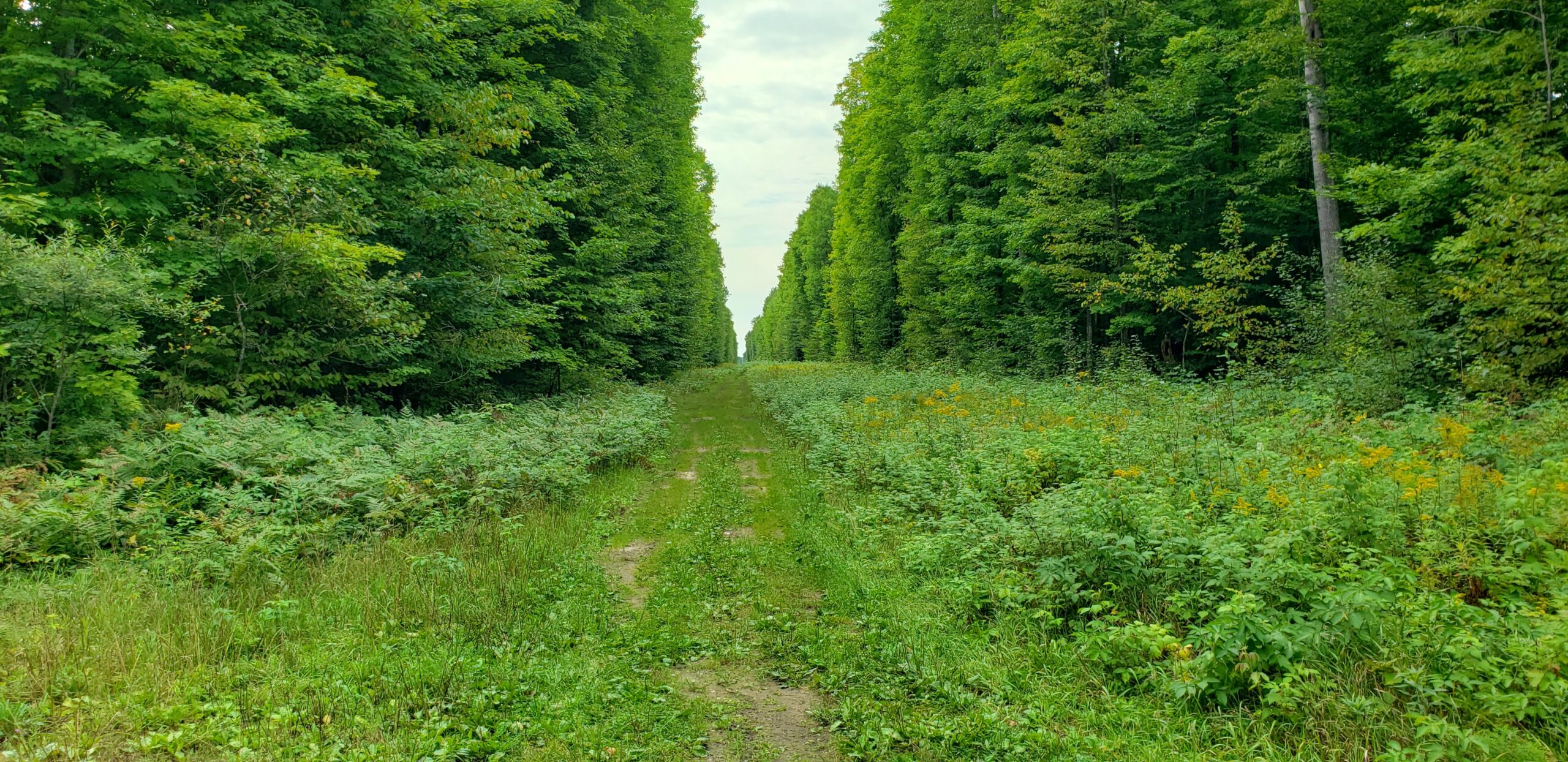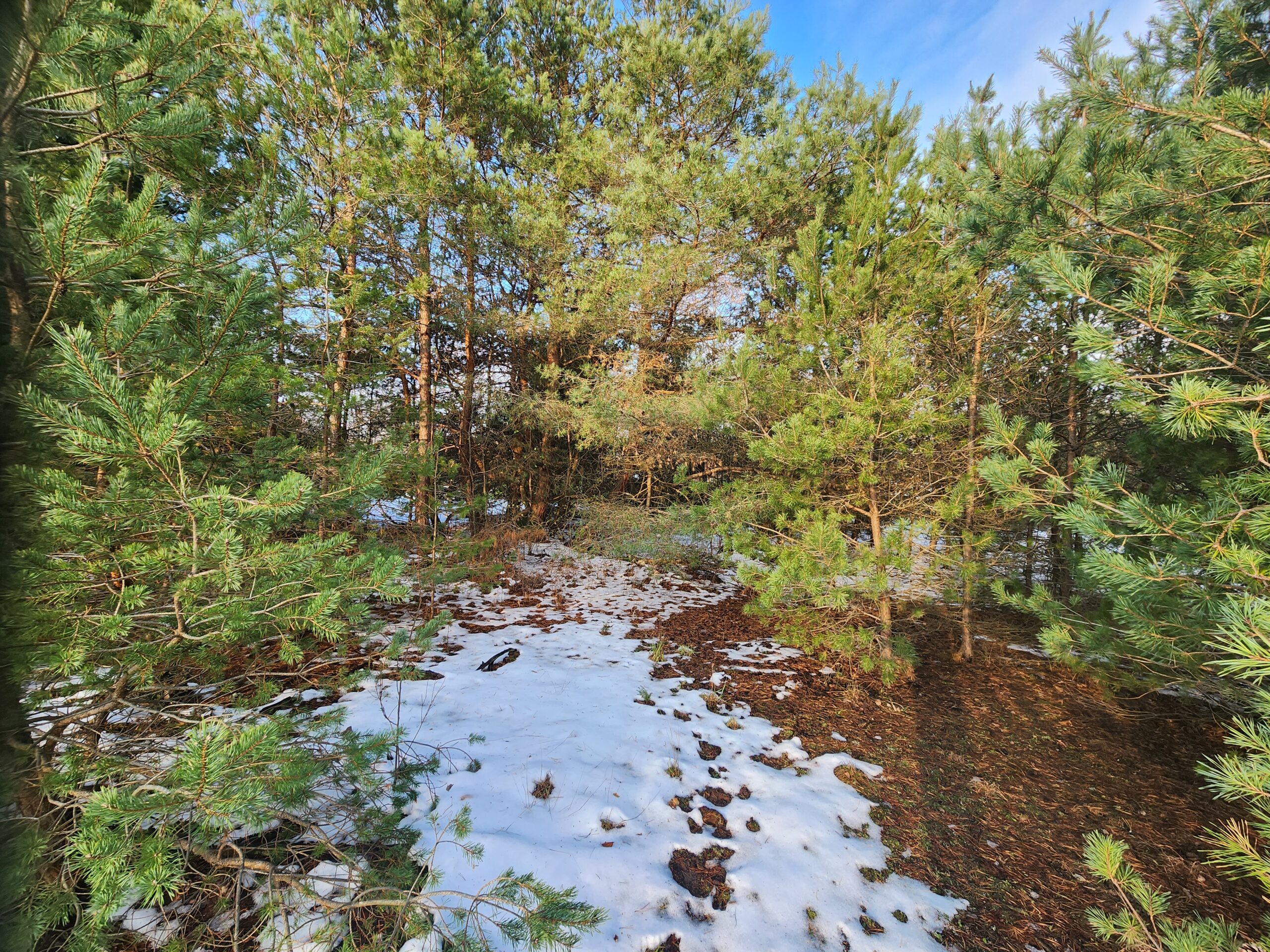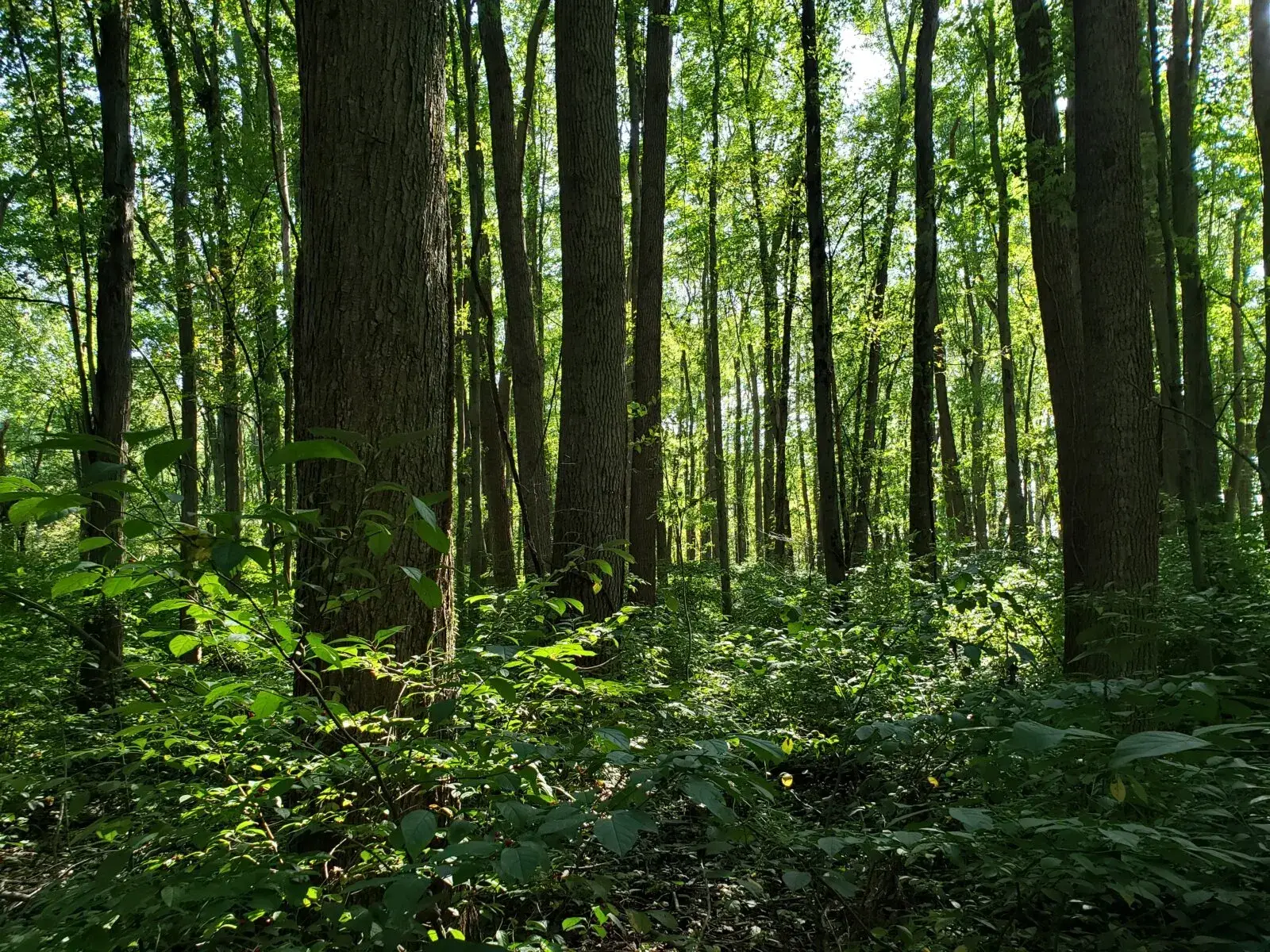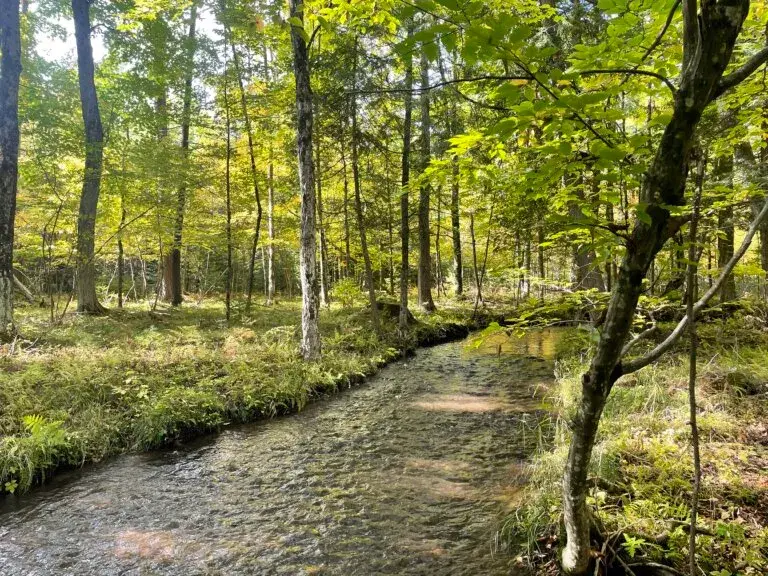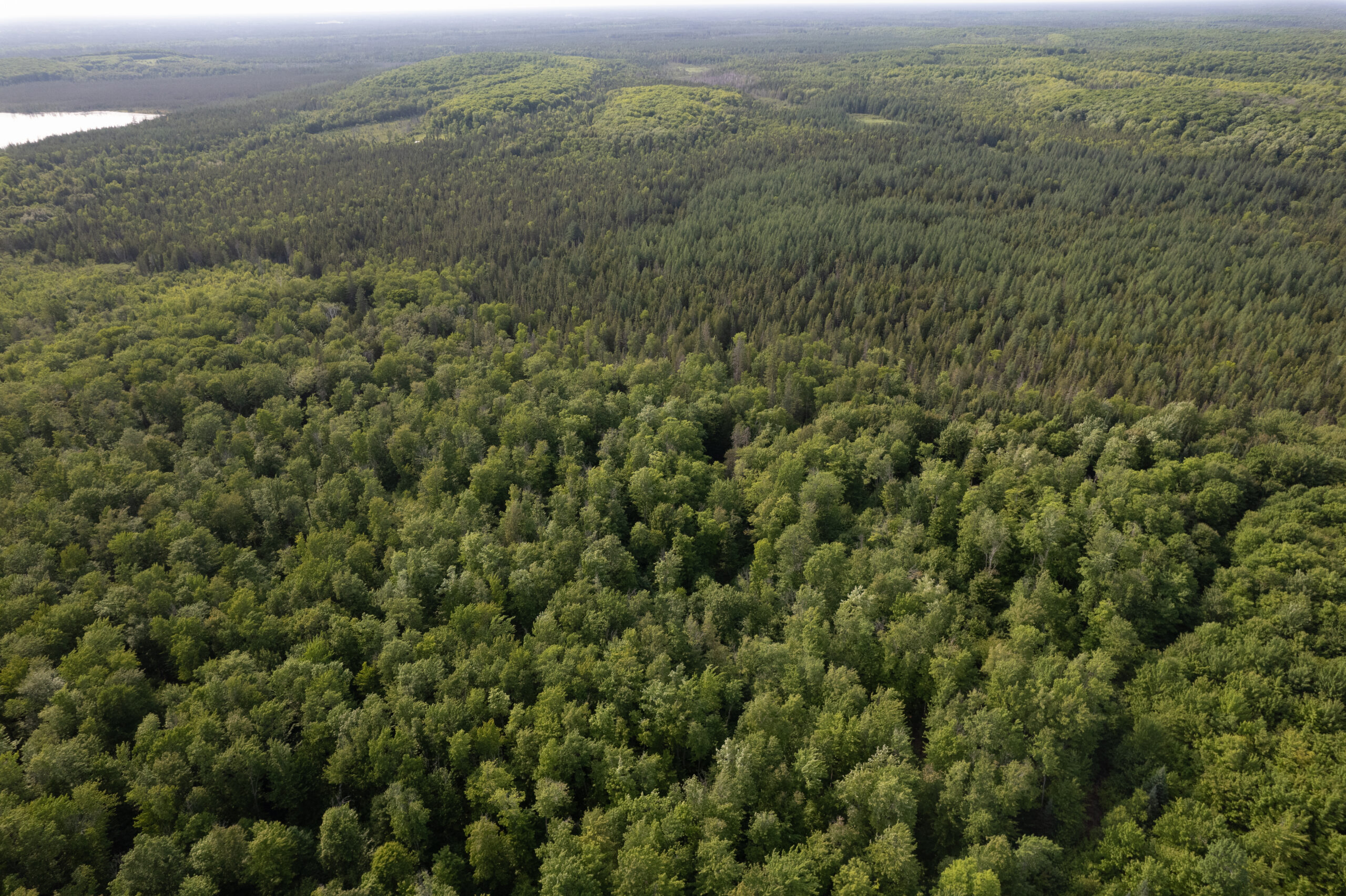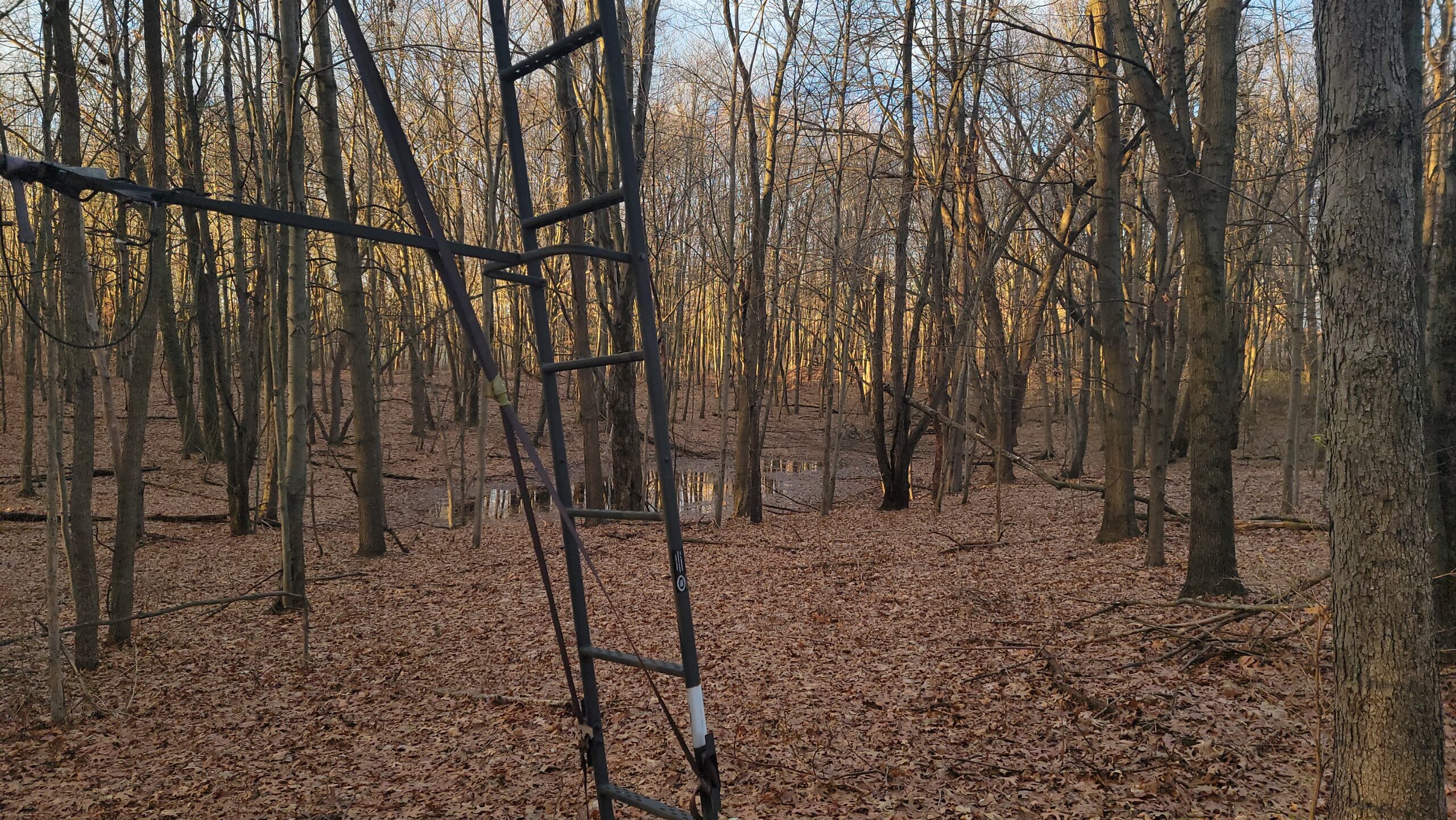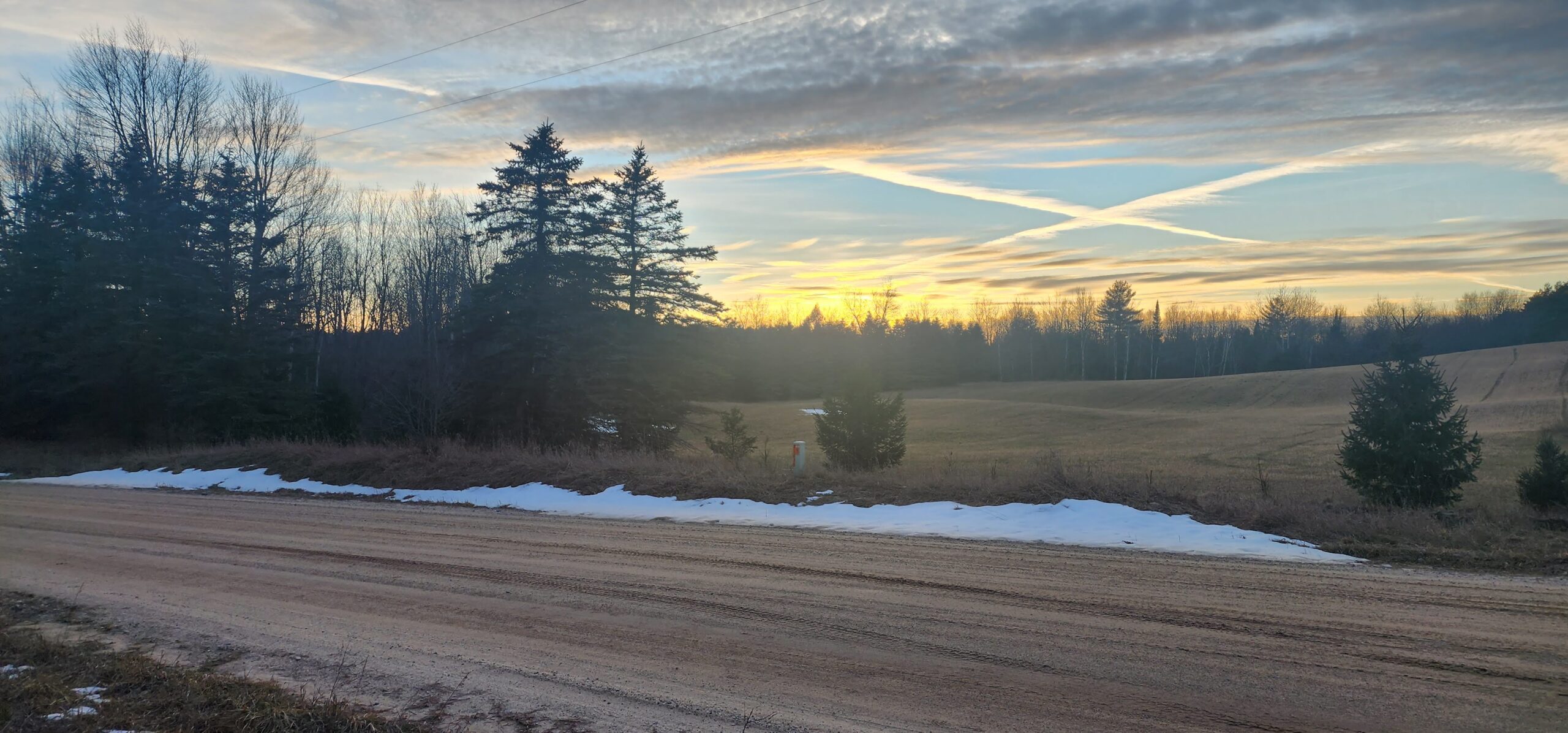There are many reasons to get into land investment. For beginners, investing in land can be a great way to diversify their portfolio while experienced investors can leverage it as a stable and limited resource. It can be an excellent way to begin investing or as a way to diversify an already robust portfolio. This type of investment is not limited to a specific income bracket, making it a viable option for anyone. People from all parts of the country and in all income brackets are turning to land as a stable and limited resource. Learn more about land investment and whether it aligns with your investment strategy in our latest post! Is it right for you? Learn more below!

Guide to Land Investment in Michigan
Land is Low Maintenance
There isn’t much you have to do when owning a piece of land in Michigan. This means you typically won’t have to worry about the costs of maintenance, repairs, and renovations. Maybe some landscaping so weeds don’t get out of control, but otherwise, it basically just sits there. The only maintenance required might be landscaping to keep weeds at bay. Make sure to be aware if utilities or other expensive assessments will be enforced while you are in ownership of the land. It’s also important to consider whether there are any hidden costs like utilities or assessments that could pop up during ownership. You wouldn’t want to buy a $5,000 lot only to find you will be paying $20,000 (over time) to have water ran to it. Doing your homework beforehand can save you from unpleasant surprises down the road.Easy to Get Started
You don’t need to have a ton of experience to get started in land. Land investment is relatively easy to get started with and doesn’t require years of experience or a large capital investment. Do your homework and you should be able to find something for only a few thousand dollars. Researching market trends and Michigan’s land development plans can give you an idea of what’s on the market and what to expect. Learn about the market in Michigan and see what lots are going for. Consider factors such as the seasonal trends, population growth, and zoning when looking for investment opportunities. Are there seasonal trends? What does future population growth look like? Are there development plans or changes in zoning on the radar? Is it ready to be developed or is it raw land with no foreseeable plans nearby?Why Is It For Sale?
Not all land is the same. It’s essential to be thorough and do your research before making a purchase. Plots of land in one neighborhood might be impacted by completely different environmental factors. Environmental considerations could also impact a lot’s development potential, so it’s important to gather as much information as possible. Protected animals might live on your lot and not your neighbors. There might be characteristics unique to the lot that make it challenging to build on or even sell, so you need to be aware of them. This can inhibit your ability to build, thus lowering the value of the land. Research is especially crucial when it comes to buying a piece of land that has a history of damage from natural disasters or industrial pollution. Maybe there are oil tanks in the ground or frequent flooding problems from the creek nearby. Take time to research the lot’s history and determine whether it’s a feasible investment. Make sure you learn as much as possible about the lot before making a purchase!

